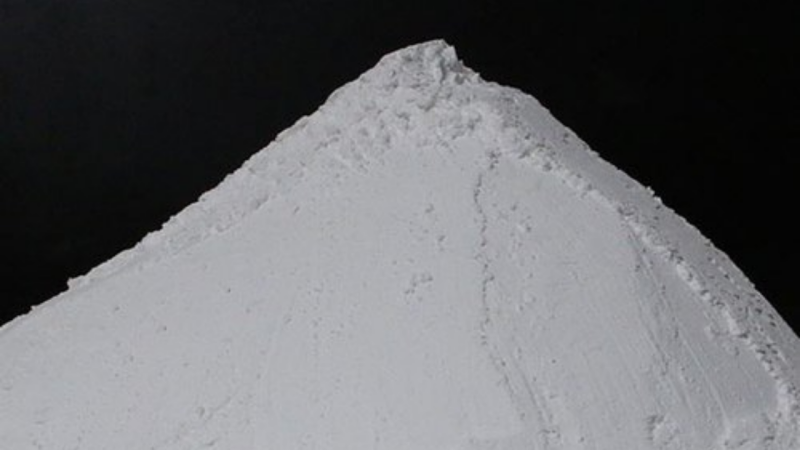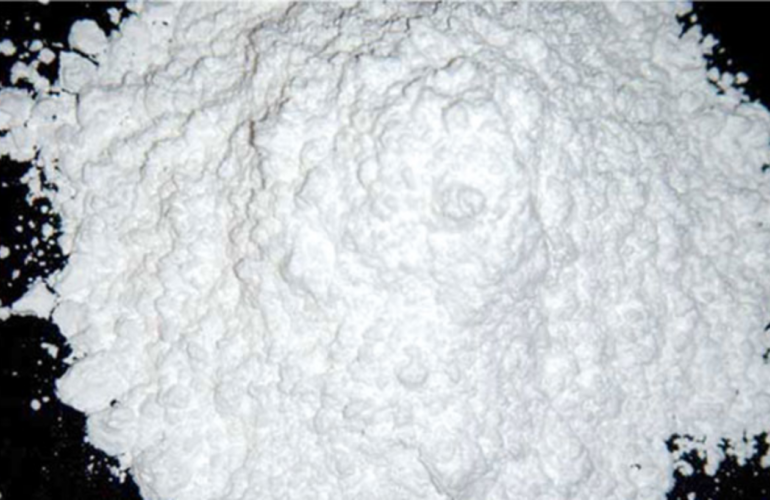“One pinch Chuna can cure multiple disease” Is it True?
Chuna is said to beat calcium deficiency, is it true?
In India Chuna is avidly consumed in Paan (betel leaf).
For basics, let’s know what Chuna exactly is?
Chuna or Limestone is a type of sedimentary rock which is mostly found in coastal areas near the seashore.
It is mostly used as building material for making glasses or ingredients in chemical industries.
And is composed mainly of calcium carbonate (CaCO3), usually in the form of 2 major minerals:
1. Calcite
2. Aragonite
It may contain considerable amounts of magnesium carbonate (dolomite) as well.
And other minor constituents also found in “chuna” include clay, iron carbonate, feldspar, pyrite, and quartz.
Many people say that in order to cure calcium deficiency and ensure calcium sufficiency in the body, you can add “Chuna” to your diet. So, let’s talk about every possible thing we should know about “Chuna”!
General Uses, Benefits and Effects of Limestone
- Chuna is high in calcium content.
- Curbs pollution. Chuna is known to restraint pollution by removing and omitting sulphur dioxide from the environment.
- Good for ponds. It also helps in increasing nutrient availability, fish growth and alkalinity when sprinkle to the ponds.
- Water treatment. Chuna helps to remove excessive iron from water, and also helps in reducing pH content of water.
- Building materials. It is an essential component in composition of concrete.
- Decorative floor covering. Travertine tile, which is a decorative floor covering is a form of banded limestone.
- Chuna is the main ingredient of most of the calcium supplements and dental products.
- Calcium carbonate is used as food additive in food industries.
- It is also found in baking powder, dry premix dessert, dough, and wine.
- It acts as an anti-caking agent & is also used as white food colour.
- It is also sometimes used as an antacid.
- Calcium carbonate can also stabilize and thicken some products, and is used to strengthen dough.
- Many calcium-fortified foods, including non-dairy “milks,” waffles and cereal bars contain the additive.
Calcium Carbonate is approved for use in food with no limitations, according to the U.S Food & Drug Administration.
It is a natural product, but unfortunately doesn’t naturally occur in foods, therefore it is used as a dietary supplement and food additive.

Calcium Carbonate in Food!
Calcium carbonate is used in variety of food products. The multiple potential uses of calcium carbonate in food includes:
- Nutritional bars
- Baked foods
- Breakfast cereals
- Fortified beverages
- Cookies and crackers
- Soups and sauces
- Chewing gums
Stated Benefits for Human beings.
Proven and known benefits of “Chuna” for human beings known are as follows:
- They are good for strong bones.
- They are known to be beneficial for teeth, as calcium is responsible for building and strengthening pf bones and teeth.
- It aids in controlling inflammation of joints.
- Limestone is required at times of pregnancy in order to ensure high and adequate calcium intake.
- It is also found to be useful for memory enhancement.
- It eases digestion, reduces acidity, gas, and heartburn.
- Limestone helps in enhancing skin by treating acne and delaying aging.
- It also helps with wound healing.
Limestone has been mentioned in Ayurvedic scriptures too.
Maharishi Bhagbata in his scripture ‘Ashtanga Hridayam’ mentioned that it could be used to cure many diseases in human beings.
But obviously knowing good sides of a coin, you can’t and you shouldn’t consume limestone directly. Instead, it should be consumed by diluting or mixing it with something.
Slaked Lime Cannot be Consumed Directly for Calcium without medical advice.
This could be harmful for health, and could even cause fatal diseases in some cases.
Chuna could be used in certain medicines, and especially as an external ointment. But it is not at all advisable to take it directly and on own risk.”
Reasons to Avoid Consuming Chuna.
- The calcium that we take should be completely clean, pure and free of toxicity.
- It should only be consumed in the right quantities, not more than 1000-2000 mg (1-2g). Calcium carbonate supplements usually supply 500 to 600 milligrams per tablet,
- Calcium consumed in excess could be harmful. It could lead to kidney stones, kidney failure and sometimes death.
- Unregulated use can cause health issues like loss of appetite, vomiting, nausea, headache, pain in muscles and bones, increased thirst and urination.
- Experience of weakness and fatigue has been observed among people consuming limestone.
- It can cause allergic reactions in some people like swelling, dizziness, itching, rashes.
- Today a lot of chuna that is marketed is also made synthetically which is undoubtedly harmful.
My take on consumption of “Chuna” is that as far as consuming adequate calcium is concerned, there are many natural food items/sources with calcium that can fulfil your required calcium content in the body such as:
- Sesame seeds
- Whole grains like amaranth, and ragi
- Parsley
- Homemade curd
- Various legumes, beans & lentils
- Almonds
- Bananas
- Leafy greens
- Figs
- Milk
It is extremely important to research thoroughly about any food item you want to indulge in your diet rather than just listening and agreeing to what other people say.
On top of that, even after research, you need to know that you are not an experienced or qualified physician or dietitian, and you need to consult one, before hoping onto something new for you!
Rest, Chuna is an amazing food if you are someone who is still deficient in calcium even after consuming natural food sources. Do take care of it and consult before adding it to the diet.
Stay fit, and healthy.

Chuna + Jaggery (Just while mixing) = Thick tough material & produces heat, So never consume that together. As home remedy, this combination is used for healing (basic swelling and pain).
Once applied (Chuna + Jaggery combo) and covered with cotton, It is not easy possible to separate it from skin without water.